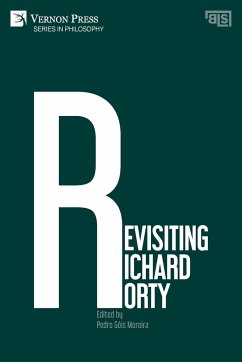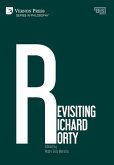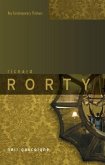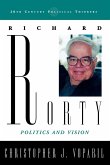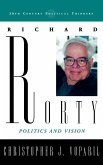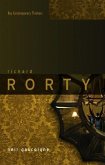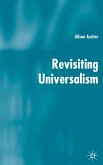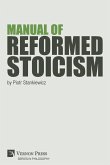Richard Rorty is considered one of the most original philosophers of the last decades, and he has generated warm enthusiasm on the part of many intellectuals and students, within and outside the field of philosophy. The collection opens with an essay by Robert Brandom, in which he continues the discussion of Rorty's "vocabulary vocabulary" that he began in Rorty and his Critics, and ends with an interview in which Brandom talks about Rorty himself as a teacher and friend. The collection is then divided into three further sections, each addressing an aspect of Rorty's thought. First, a political section contains several essays discussing Rorty's notorious "prophecy" in Achieving our Country and the idea that he would have foreseen the rise of a political "strongman." Also discussed are Rorty's view of the cultural left, his view of the relation between truth and democracy, and Rorty on the concept of fraternity. In a second, epistemological section, several essays address Rorty's historicism, anti-representationalism, and his views on truth and on religion, often through the lenses of his critics (Putnam, Habermas, Dews). A final section addresses the relations between Rorty and other philosophers such as Hume, Heidegger, and Ortega y Gasset. This works contains valuable essays in three languages - English, Portuguese, and Spanish - and is a small example of the reach of Rorty's thought and its expansion beyond the Anglo-Saxon world in only ten years after his death. It will appeal to Rorty's scholars and researchers as well as any student of pragmatism and anti-foundationalist thought.

